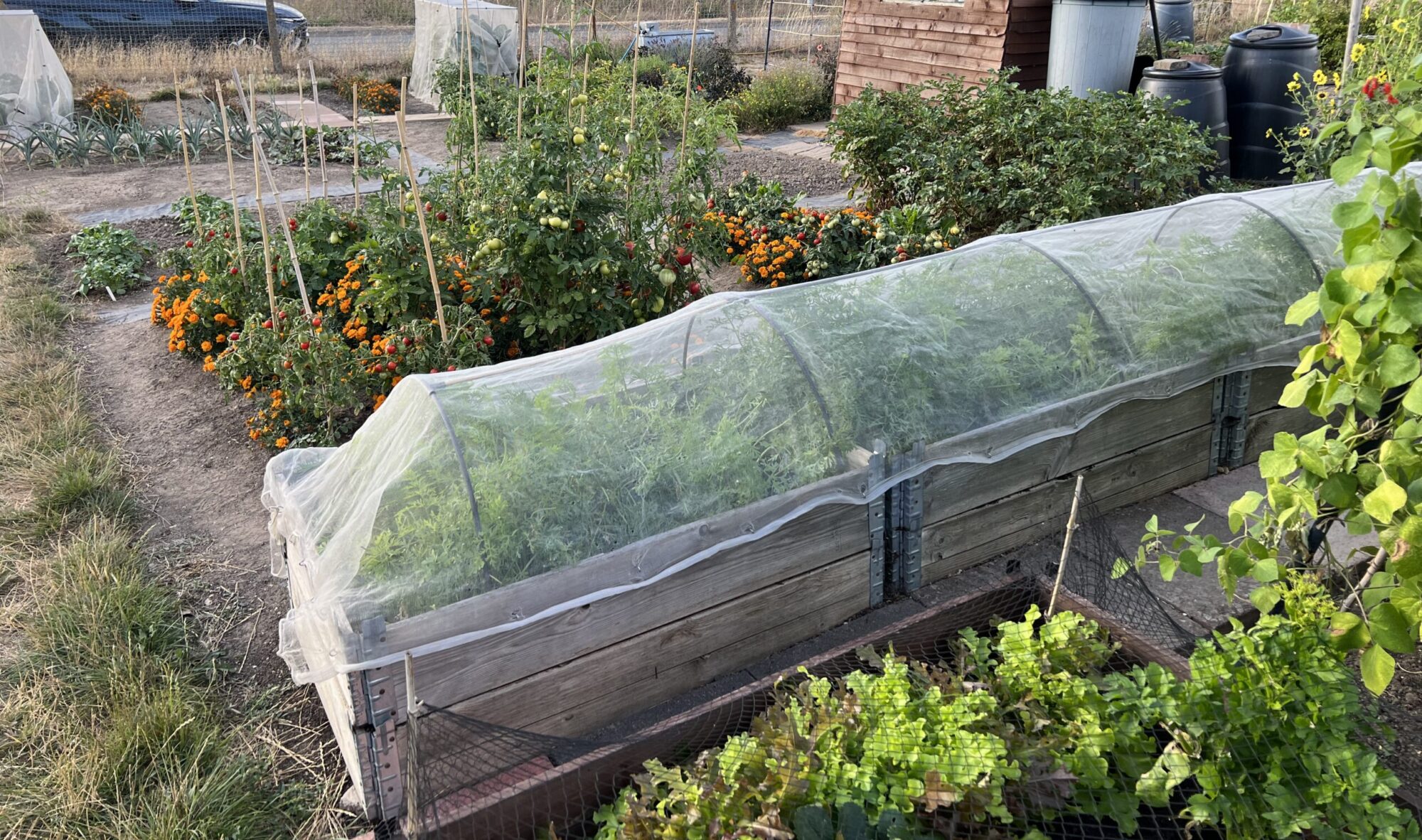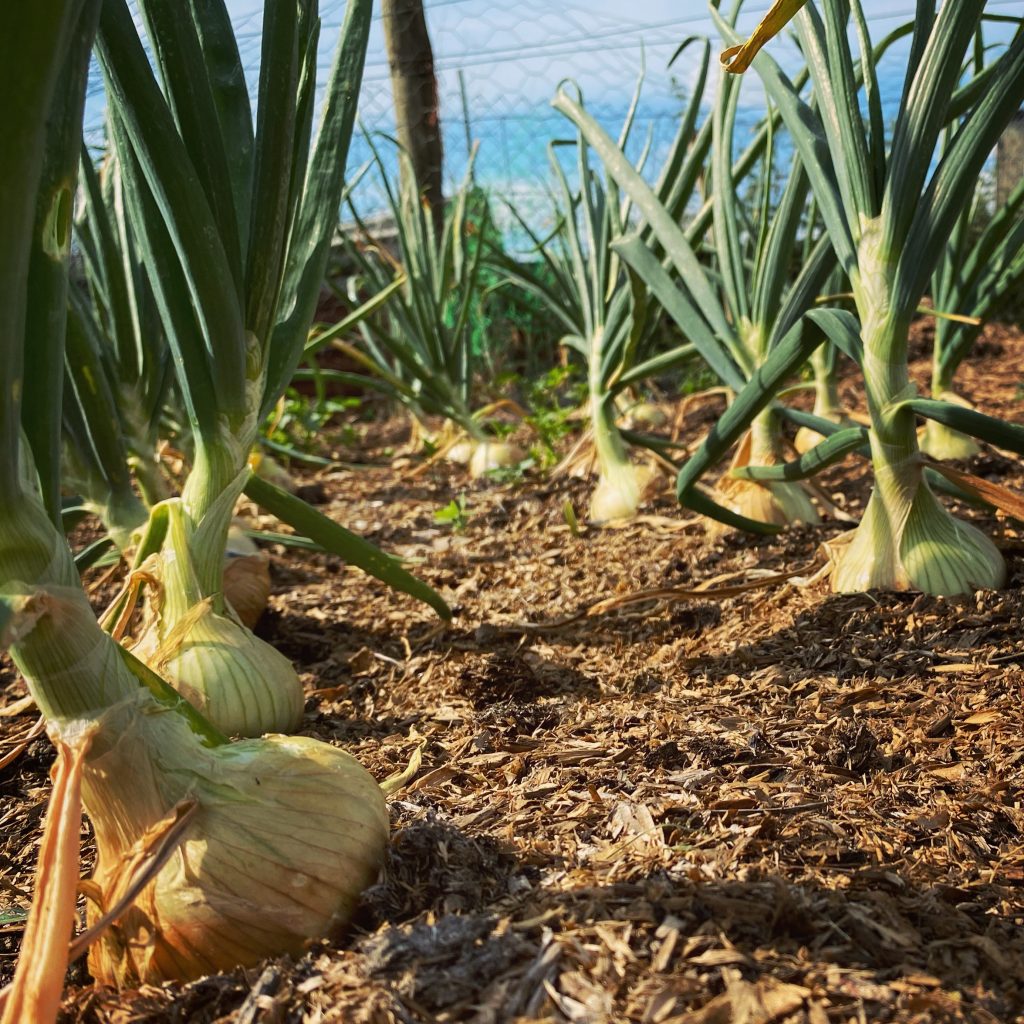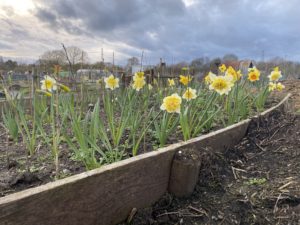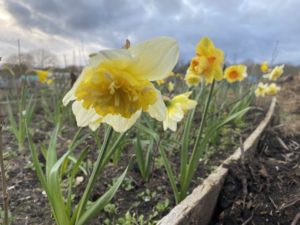Thank you to those who have submitted their Kings’ Seed order. We have already received a number of orders, but there is still a little time to get your order in. Remember, the Kings’ seed order deadline is 23 October to receive your 7.5% discount on prices. The Kings’ Seed catalogue offers you a wider choice of varieties at prices 40% cheaper than you will probably find elsewhere. You can submit your order at the BALGA Members’ Shop this Sunday, 10 am – 12 pm. Order just eight packets to save enough to pay for your membership of BALGA. The Association itself benefitted by about £200 from last season’s orders. So why not make an order not only to buy seeds at considerably lower prices but also to help your Association? We’ve had quite a few new members and tenants recently. So if you would like to take advantage of the Kings’ Seeds Scheme, collect a Kings’ Seeds catalogue on any Sunday at the Members’ Shop from 10 am -12 pm until the end of November. However, late orders will not benefit from the 7.5% discount.
We’ve had quite a few new members and tenants recently. So if you would like to take advantage of the Kings’ Seeds Scheme, collect a Kings’ Seeds catalogue on any Sunday at the Members’ Shop from 10 am -12 pm until the end of November. However, late orders will not benefit from the 7.5% discount.
We asked several tenants to try the Kings’ Seeds online ordering system. We will collect their feedback and let the Committee and Kings’ Seeds know. If it is successful, then we will give all members the opportunity to order their seeds online.




 On Saturday 30 October from 10am to 3pm, Baldock will have its first Ecofest where people attending can chat with local experts about reducing food waste, growing your own, upcycling and crafting and recycling and composting.
On Saturday 30 October from 10am to 3pm, Baldock will have its first Ecofest where people attending can chat with local experts about reducing food waste, growing your own, upcycling and crafting and recycling and composting.



